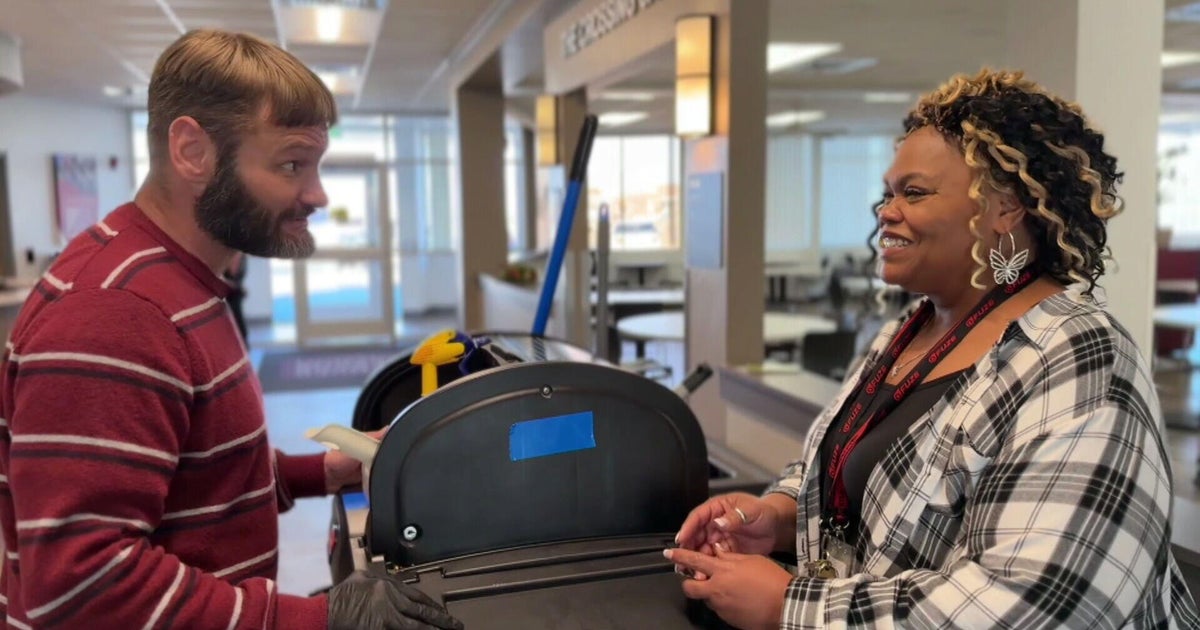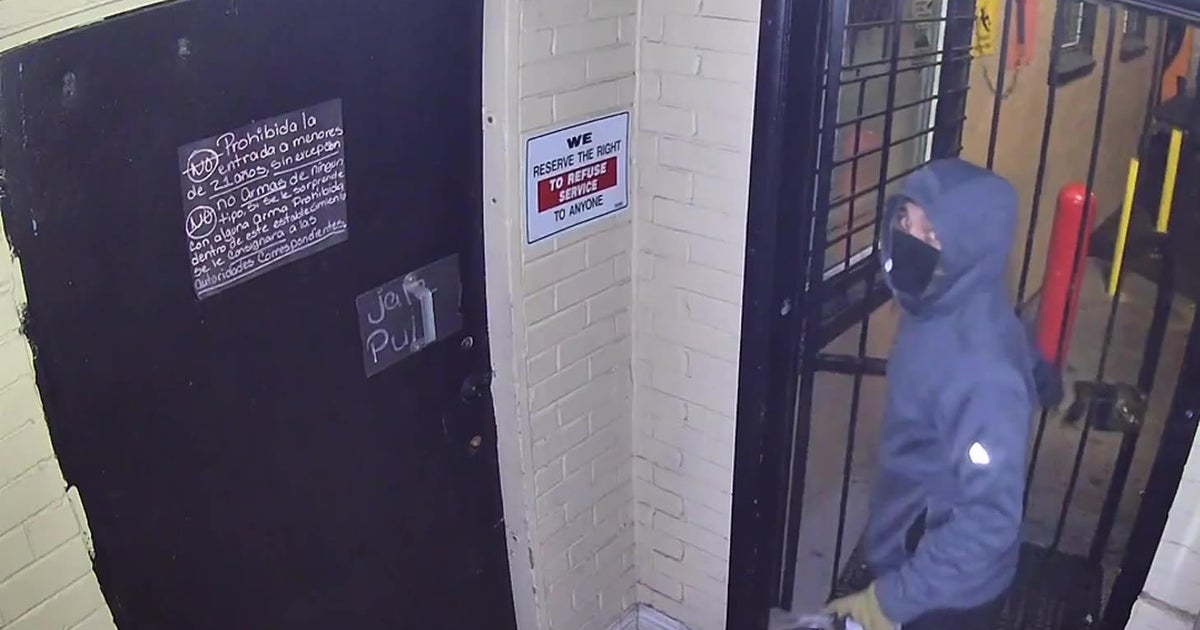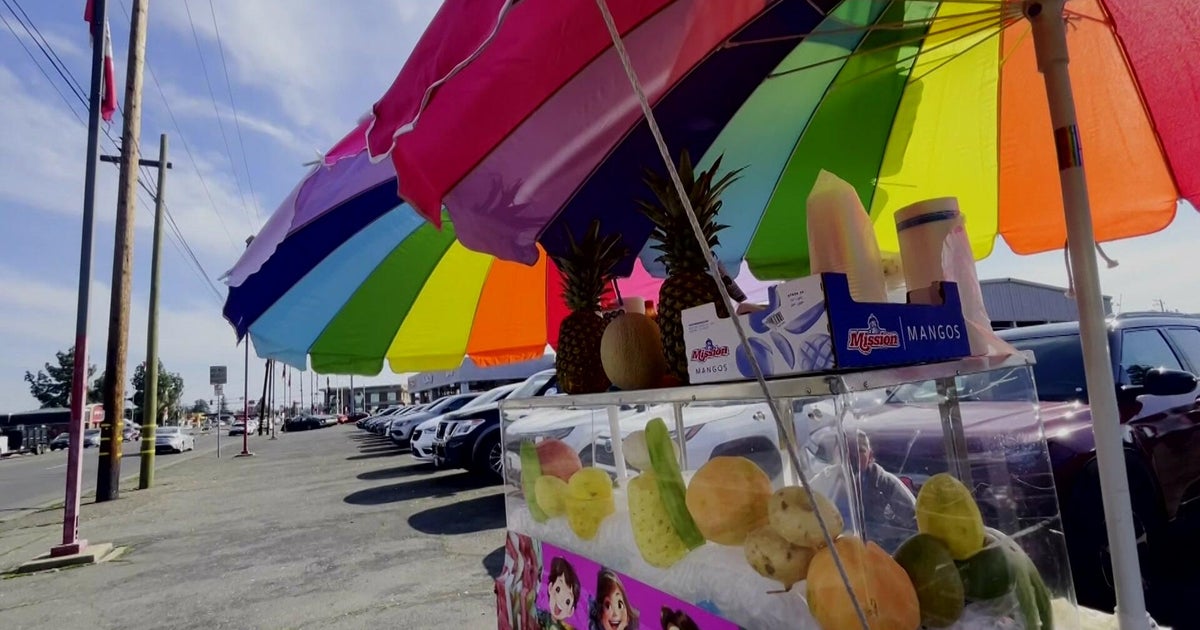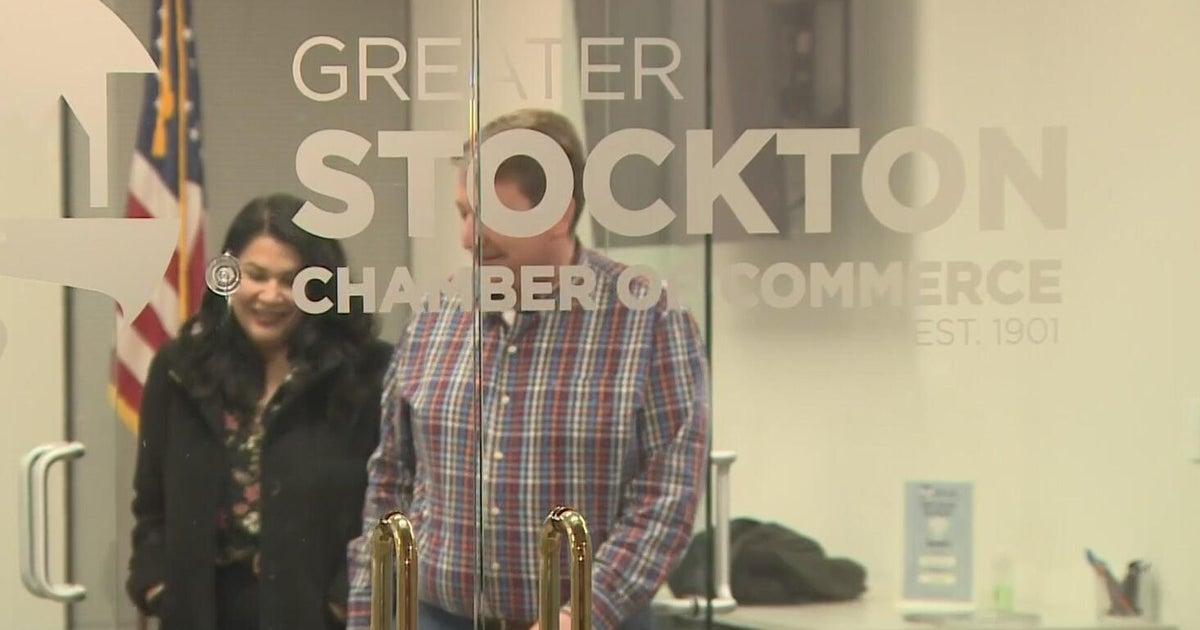Denver looking at setting up additional services for STAR Van program
Denver's City Council Monday gave a go-ahead to creating a "Community engagement network," to supplement the STAR van program that helps people in crisis.
"This is going to be a big program. It's going to require a lot of planning," said Rudy Gonzales, president and CEO of Servicios de la Raza. The nonprofit would get $2.3 million to begin to set up the network with other organizations to help the Support Team Assisted Response program known as STAR.
The STAR program got started in Denver in 2020 to help handle calls that were frequently handled by police, dealing with people in crisis situations where they are not armed or threatening others.
"I think we knew even from the get-go that this was going to be needed. I don't think we knew the extent and I don't think we knew specifically what those services would need to be," said Tristan Sanders, director for community and behavioral health at the Denver Department of Public Health and Environment.
"The STAR response can really deal with the crisis at hand and if there's an ongoing crisis there's a place they can transport folks for emergent needs," he continued. "But there's always underlying needs whether it's social needs, social service needs or there are other clinical needs."
Think long-term, explained Gonzales: "Whether it be linkage to care, case management, whether it be workforce development or emergency services or behavioral health care or benefits enrollment. On and on and on."
Part of the mission will be to establish help in different parts of the city.
"Organizations that serve our Islamic community, our African American community, our Native American community and obviously Servicios will be working to serve our Latino community," said Gonzales.
There are five STAR vans currently, but supporters hope to expand that to 10 by the end of next year. The program has done 6,000 calls in eighteen months.
"When they see clients that are in crisis, they have a limited number of options that they can refer people to for either wraparound services or additional clinical services as they need it," said Sanders.
The partner organizations would have to hire additional people. Nearly two million dollars of the money approved for the next year would go to that portion, the other administrative and other costs. The additional full-time staff could direct people to the proper help. Follow-through believes Gonzales, would lead to better outcomes.
"Because it is going to be a deterrent to crime, it will serve as a deterrent to poverty, to hopelessness, it will serve as a deterrent to crisis."
Sanders added that it is important that the services be on the same side of town and that the continued help, might change more lives: "If we just deal with crisis after crisis after crisis, that could be recurring for folks. And if we connect to longer term services, we would expect that that actually alleviates the periods of time that people actually are in crisis."








